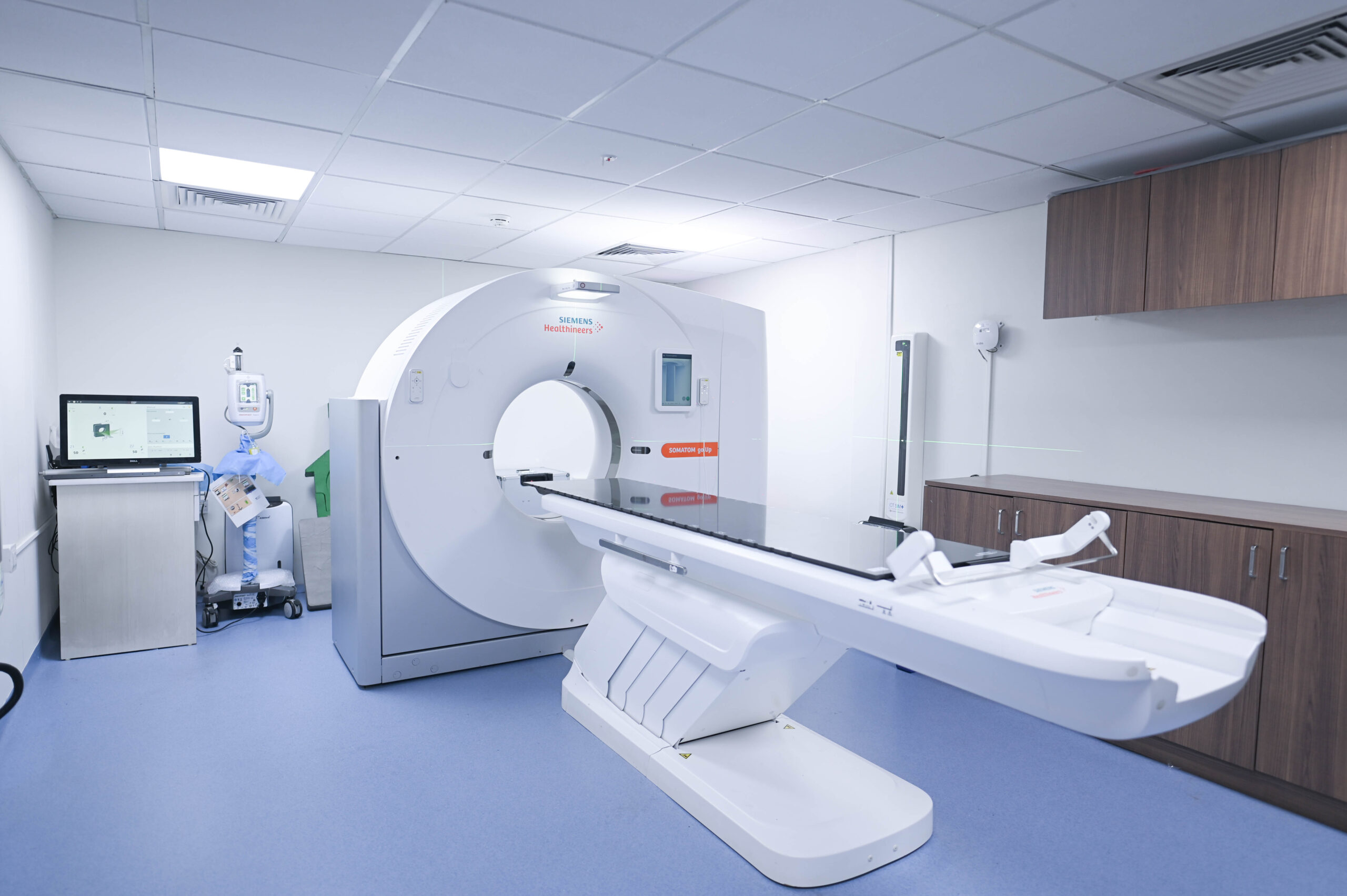In the dusty city of Katsina, a beacon of hope now stands tall: a newly constructed oncology centre at the Federal Teaching Hospital, commissioned by Muhammad Pate, Nigeria’s Minister of Health and Social Welfare.
With the estimated 127,000 new cancer cases and about 80,000 cancer-related deaths, Nigeria’s true cancer burden is finally coming into focus. Not only are diagnoses increasing, but improvements in diagnostic equipment, reporting systems, and national awareness have revealed that cancer is far more common than previously acknowledged.
As the government sets out to replicate oncology centres across all six geopolitical zones, the country is shifting focus towards early detection, widespread awareness, and sustainable interventions.
But this transformation goes beyond federal infrastructure. Local innovations and intentional strategies are reshaping cancer care in Nigeria.
The National Institute for Cancer Research and Treatment (NICRAT) is one such driver of change, enhancing national surveillance and supporting hospital cancer registries that now provide crucial data on regional patterns. This effort is helping to bridge historic data gaps, especially in underserved rural areas that were once absent from national statistics.
Another major stride is the expansion of cancer-screening initiatives. Programmes like the End Cervical Cancer Nigeria Initiative, led by Qudus Lawal, are putting the peripheral health centres with sophisticated diagnostic tools in place and linking them to the global network of the International Agency for Research on Cancer.
These partnerships have drawn much-needed attention to cervical cancer, a preventable disease that still affects thousands of women due to delayed diagnosis. With awareness campaigns, mobile screening units, and integration of the antenatal care service, early-stage detection is becoming a reality for women who once slipped through the cracks.
Perhaps the most powerful tool of all is preventive education. The Nigerian Medical Association is now championing lifestyle change campaigns that promote healthier diets, reduced tobacco and alcohol use, and routine check-ups.
These may seem like small steps, but they are crucial in changing the approach of cultures towards seeking health. Stigma, superstition, and lack of confidence in the medical system have led patients long enough to present late.
By reframing cancer as a manageable condition if discovered early, these campaigns are encouraging more Nigerians to seek help before symptoms become fatal. There are also calls to integrate routine screenings into the National Health Insurance Scheme, which could normalise early detection and make it accessible to more people.
Despite ongoing challenges, especially in rural access, affordability, and shortage of specialist personnel, Nigeria’s cancer response is no longer one of resignation. The momentum has shifted towards determination. Institutions are realigning, systems are being strengthened, and communities are speaking up. The real story isn’t just about the rise in numbers—it’s about the rising response.
Nigeria is tackling a substantial cancer burden with an estimated 127,000 new cases and about 80,000 deaths annually. This awareness comes with better diagnostic tools and national reporting systems revealing the extent of the issue. Efforts to address the crisis include the establishment of oncology centres across six geopolitical zones, emphasizing early detection, awareness, and sustainable interventions.
Key initiatives include the National Institute for Cancer Research and Treatment, enhancing surveillance and data collection, and the expansion of cancer screening programs like the End Cervical Cancer Nigeria Initiative. These programs aim to integrate advanced diagnostic tools in peripheral health centres and improve access to early-stage detection and prevention strategies, particularly for cervical cancer.
Preventive education and lifestyle change campaigns, led by the Nigerian Medical Association, focus on promoting healthier lifestyle choices and reducing stigma associated with seeking medical help. Calls to integrate routine screenings into the National Health Insurance Scheme highlight efforts to make early detection more common and accessible.
Despite challenges like rural access, affordability, and a shortage of specialists, there is a determined shift in Nigeria’s response to cancer. Institutions, systems, and communities are aligning to promote early intervention and change in cultural attitudes towards seeking medical care. The focus is on strengthening resources and encouraging proactive health-seeking behavior among Nigerians.






